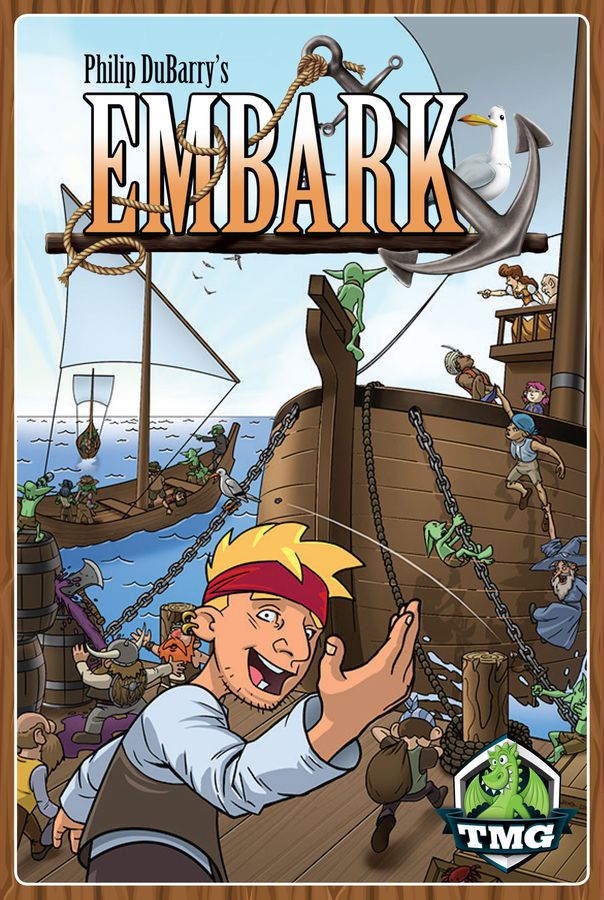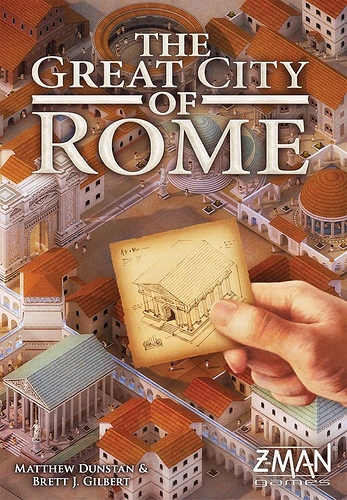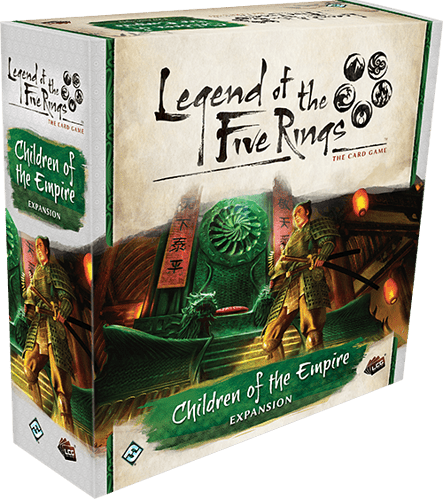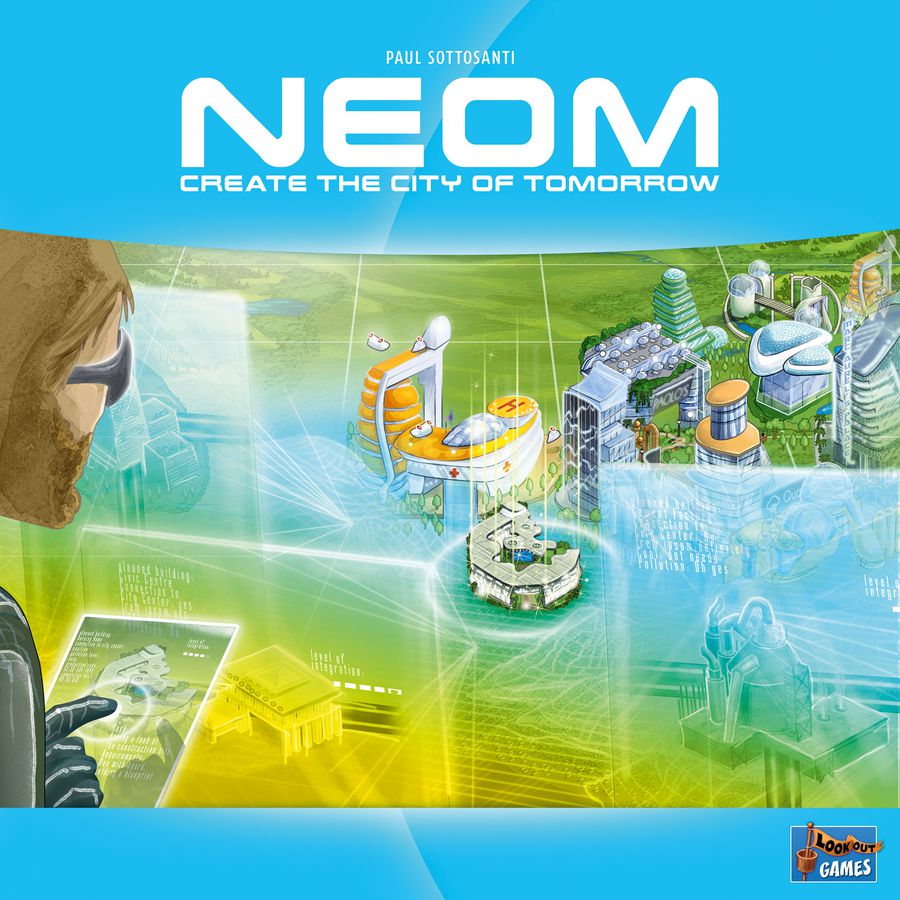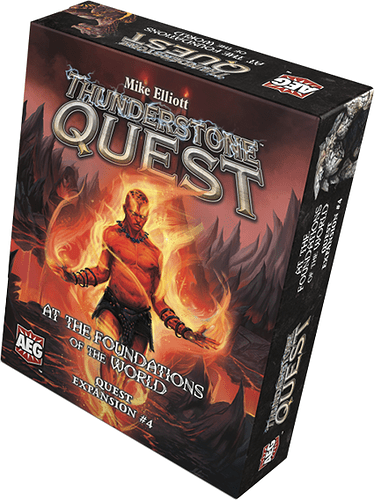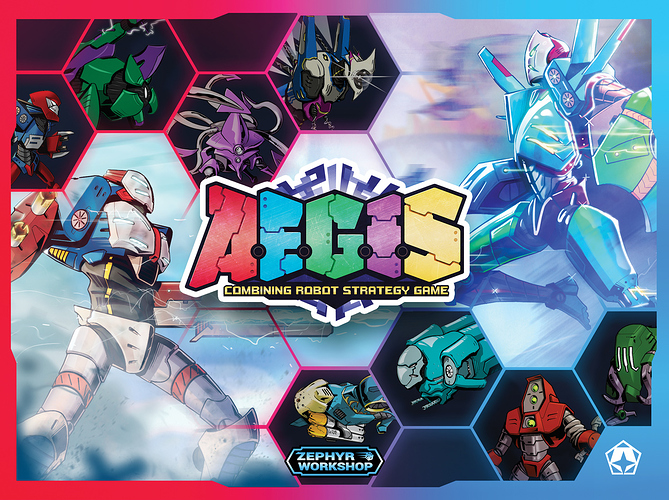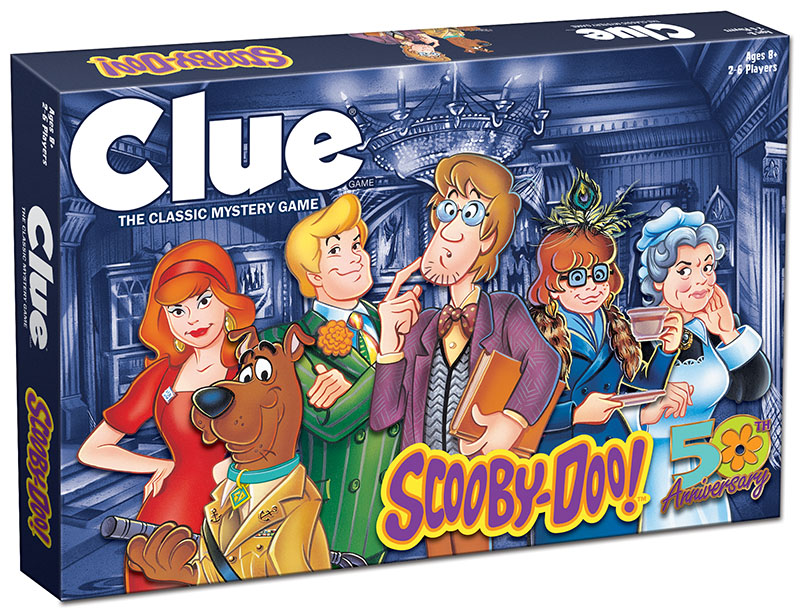I still have an Ogre pocket box I bought many years ago (mine has a greenish sleeve that guess around it, though) I can’t make myself get rid of, even though I have the Designer’s Edition and pretty much never play either of them.
We just tried Resistance: Avalon last night. We only had 5 people - the minimum and people felt it was way too easy to spot Merlin, so even though good got the 3 quests, Merlin was hung by the rafters and Evil won.
We were wondering if guessing Merlin correct is a oft-prescribed strategy for winning as evil?
We also assume the game will improve with the more people playing.
Any thoughts?
I think the Resistance games work pretty well at 5 players. Did you only play one game? Usually, you want to play a few rounds in a sitting so that you can establish a table-meta over a game or two that influences your other games. For instance, if you were to play again I’d assume the next Merlin would play more conservative to keep the heat off of them. Or other players may fake whatever tells Merlin has to try to draw their attention (was your last Merlin unusually quiet? Maybe if you’re not Merlin you’ll try acting unusually quiet to draw attention.).
I don’t think spotting Merlin should be your guarantee strategy for winning as evil. But it is a great backup strategy if you’re clearly getting shut out. I think the evil side wins more often in my experience, but I’ve never tracked it so it could just be a confirmation bias.
I think the Resistance games work best between 5 and 8 players, but feel a little too sprawling with more. I’d rather play Werewolf or Two Rooms and a Boom for a social deduction game at more than 8.
Yes we only played one game as we had played a few rounds of Niagra before this & it was getting late. It was an attempt to get our feet wet.
The funny thing in this game was that team evil outed themselves right off the bat and me being good, I didn’t know who Merlin was (it was 50/50), but the evil team was 100% sure and they were right.
We’ll have to play it some more. As you say, people will see how others make mistakes & try to avoid those.
Thanks!
So much this. These sorts of social deduction/borderline party games are short precisely because they live or die based on the players creating that table-meta porousnapkin mentions. And that requires multiple plays in one sitting. That’s also why they’re fresh when you add new players into the mix: new players usually means new table-meta.
So, yeah, never go into a game like Werewolf or Resistance or Cuba de Mafia figuring you’re only going to play one round. Declare upfront that you’re playing at least three times or not at all!
-Tom
Tried The Mind. Meh.
So… I’ve played a bunch, here actually, and have some thoughts.
Among an experienced group stabbing Merlin is a viable evil strategy. It can be hard to be an effective Merlin, and not get pegged. There is certainly a lot of misdirection. An interesting challenge.
Our experience is that Merlin takes the knife maybe 1/3 games that good wins. Perhaps as high as 50%. But that’s also because the way that things shift when you have records of votes, and can look over statements for ‘tells’. So probably half of evil wins come from stabbing Merlin.
Roughly 1/3 evil wins outright
1/4-1/3 good wins but Merlin gets shanked
Remainder good wins and Merlin gets away.
But we have a fairly developed and sophisticated PBF meta, and certain player personalities. And perhaps my perception of stabbinga is skewed because I tend to be the one taking the knife! Even when I’m not Merlin there’s like a 50% chance I get stabbed at the end, or so it seems.
I didn’t buy the Rise of the Empire expansion to Rebellion (despite delivering the badly needed overhaul to the awful base game combat) solely on the Rogue One crap.
There were so many unused original trilogy icons they could have turned to! Who the hell made the decision to go with U-wings and Strikers instead of A-wings, B-wings, and interceptors?
With any luck, there will be a 2nd edition with more improved rules that decides to use the JJ Abrams trilogy. All of the victory objectives will consist of delivering quirky quippy Joss Whedon lines: 2 VP for prank calling the evil admiral with yo mama jokes :(
PSA: Barenpark is coming back in stock this week. It was pretty hard to get the first time around, so just wanted to mention!
are there any good city builders in the boardgame world? Suburbia (from the outsdide, never played it) had so much calculations to do every turn… Prosperity had issues with replayability and the tiles were too abstract (the tile names were in the rule book) …
Machi Koro though it is broken.
The expansions and the 5-5-2 (or 5-5-3) rule do go a long way to go fixing it .
@newbrof What kind of ‘thing’ are you looking for from a boardgaming city builder? E.g. is Between Two Cities a city builder?
a city builder needs a population of some kind, growth and different types of quarters like industry, residential etc … I think Suburbia was pretty close, but it had a lot of houskeeping every round, no?
Someone’s thought of this question before:
I haven’t played most of these, so I can’t speak to the list’s accuracy. It includes Citadels, which I wouldn’t consider a city builder in the sense you’re talking about.
You might also look at Agricola and Caverna, which are “homestead builders” that include the gameplay elements that you mentioned: resources, a population/family that works and needs to be provided for, buildings with specialized functions.
Hmmm, I haven’t really played a city building game that doesn’t feel like a solitaire puzzle. To be honest, though, I think the best thing about computer city-builders is managing transportation, which would be hard to do with a board game. That is, unless you want to wander into train game territory (which I highly recommend you do!).
I recently got to play Captains of the Gulf – basically Deadliest Catch: The Euro Game. Though I’ve been drifting away from euro games the last couple years, I had fun with it. The fish spawning system is very dynamic and can allow for some indirect player screwage. Unfortunately, speaking of screwing over players, I felt that luck of the draw of the cards made it hard for long term planning. Also, the game was a tad bit too long for being a medium weight euro. The replayability also seems quite low, since you can experience pretty much everyone the game has to offer in 1-2 plays. While I enjoyed our play with it, I don’t think I’ll be picking it up.
I didn’t find Suburbia to have too much housekeeping. You have a track with your current reputation and income on it. Every time you place a city tile (which is every turn) you have to calculate the effects it has on your city based on the tile itself and the tiles surrounding it. There are also some global effects that can benefit (or hinder) your own and other cities. Population is victory points; as it goes up you periodically lose income and reputation. That all sounds pretty complicated but it’s usually not at all, at least until the late game.
The most complicated part is setting up your city so that future tiles you hope to get have a good spot to go.
I picked up Spirit Island. I’ve always been intrigued by this game and it seems to have some staying power. I set up a 2-handed solo game last night and wow, this is a great puzzle. Just a really solid solo game, and I can see how it would make a good co-op too. And there’s about 90 tons of replayability in the box: 8 different spirits with radically different powers, different blight cards, scenarios, adversaries, etc. I’m looking forward to playing this for quite some time.
I was interested in Captains of the Gulf, but the price and some complaints about the game put it on my wait and see list. Thanks for posting this.
I agree with @rho21 I don’t think Suburbia has much housekeeping at all. You gain X dollars and X population every turn based on two stats, that’s about all the housekeeping in the game. I think it’s a really elegant, quick-feeling design. If you’re reading the rules it can sound overwhelming. I think the player aid makes it seem much more complicated than it is. Every turn you just place a tile and collect some stuff. It’s the kind of game I often pull out with family or people who only play light games.
I don’t think any of the games in the IGN list have all of the parts of a city builder you’re looking for other than Suburbia. Alhambra and Quadropolis do have distinct districts that play out in a sort of set-collection manner. All of them have a city building theme though. Might also be worth looking at New York 1901 if you’re just looking for city building themed games. It’s a very simple and accessible game where players are competing to build New York Skyscrapers. It feels more city-building to me than those other games, though it doesn’t have population tracking or anything.
